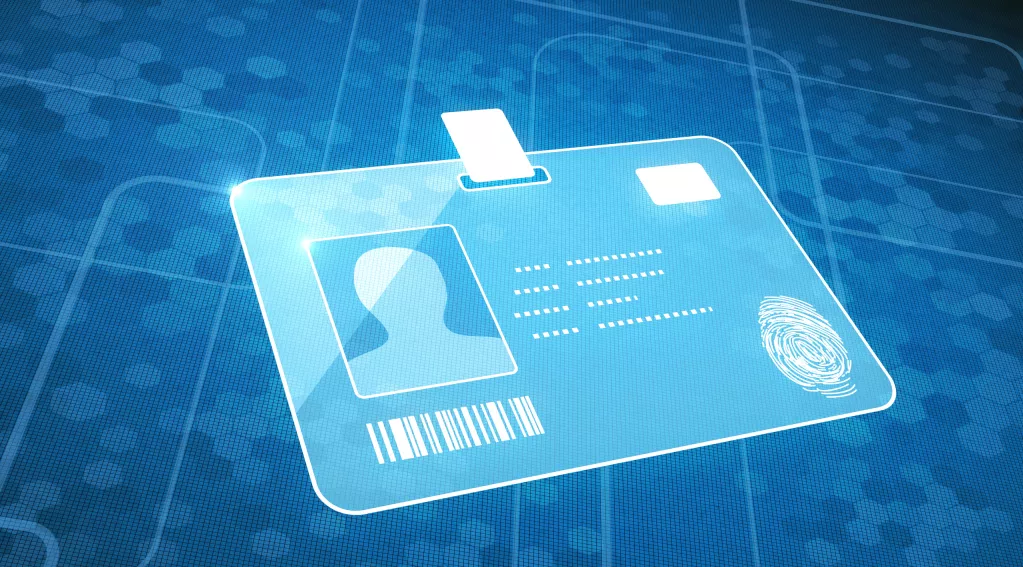Consular ID Cards

November 2016
What are Consular ID cards?
Consular ID cards are identification cards issued by the consulate offices of foreign governments. Their main purpose is to give expatriated nationals identification to use in foreign countries. It is widely accepted that these cards are primarily used in the U.S. by illegal aliens, as foreign nationals who are lawfully present have the ability to use other forms of identification, most notably a passport. Conversely, illegal aliens rely on consular ID cards for activities such as opening a bank account, or obtaining a state driver’s license or other form of local ID for municipal services or law enforcement purposes. The FBI and the U.S. Department of Justice have previously concluded that consular ID cards are unreliable forms of ID, as they are vulnerable fraud. The most common form of consular ID card used in the U.S. is Mexico’s Matricula Consular, also called the Matricula Consular de Alto Seguridad (MCAS). MCAS is a document issued by the Mexican government’s consulate offices to anyone with a Mexican birth certificate.
Why is accepting consular cards as valid forms of identification bad policy?
ACCEPTING CONSULAR CARDS FACILITATES IDENTITY FRAUD.
Accepting consular cards as a valid form of identification makes it easy for illegal aliens to commit identity theft and fraud. Consular cards do little to identify residents as they are difficult to verify and the general public lacks basic familiarity with and knowledge of the cards. They may also be easily obtained through fraud, as many of the underlying documents used to attain them are unsecure. As such, consular cards do not meet minimum security standards necessary for use where identification is required by federal, state and local authorities.
ACCEPTING CONSULAR CARDS OBSTRUCTS IMMIGRATION ENFORCEMENT.
Accepting consular cards as ID allows illegal aliens to continue to evade immigration enforcement by providing them documentation to produce to law enforcement officers. When encountering an illegal alien with a consular card, local law enforcement are discouraged from contacting federal immigration authorities to verify the identity and immigration status of the alien, thus preventing the U.S. Immigration and Customs Enforcement (ICE) from initiating enforcement actions against potentially deportable aliens.
ACCEPTING CONSULAR CARDS THREATENS PUBLIC SAFETY.
Because accepting consular cards as ID allows illegal aliens to evade detection, it inevitably leads to more criminal aliens being allowed to remain on our streets. In 2016, ICE estimates that approximately 2.1 million criminal aliens are living in the U.S., over 1.9 million of which are removable. Acceptance of consular cards provides criminal aliens who encounter law enforcement a shield to continue to reside in the country and commit additional crimes, creating more victims and putting all Americans at risk.
ACCEPTING CONSULAR CARDS ENCOURAGES ADDITIONAL ILLEGAL IMMIGRATION.
Accepting consular cards as ID makes it easier for illegal aliens to live and work in the U.S. With more than 11 million illegal aliens already in the country, states all around the U.S. are subject to the problems caused by unchecked illegal immigration. American families are increasingly bearing the costs of increased crime, overburdened healthcare systems, overwhelmed public schools, and depleted public benefits and services. FAIR estimates that the annual fiscal cost of illegal immigration to U.S. taxpayers – after accounting for taxes received from illegal aliens – is roughly $113 billion.
